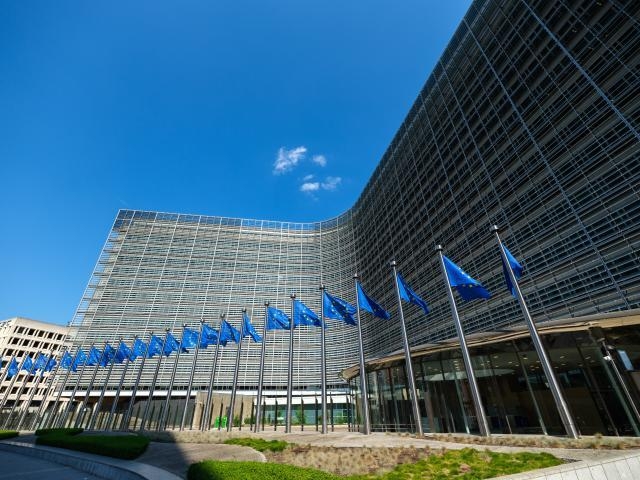The European Commission approves reform agendas of Albania, Kosovo, Montenegro, North Macedonia, and Serbia

The European Commission has approved the Reform Agendas of Albania, Kosovo, Montenegro, North Macedonia, and Serbia, following the EU Member States’ positive opinion. These agendas outline key socio-economic and governance reforms that will drive growth and bring these countries closer to the EU under the Growth Plan for 2024-2027.
Commission President Ursula von der Leyen said: “I’m impressed by the work of our Western Balkan partners on their Reform Agendas. It shows that they are committed to the success of the Growth Plan. It’s our roadmap to bring the economies of the Western Balkans closer to ours. And to give their companies the access and the means to compete on our Single Market. Everyone benefits, and it’s a big leap forward towards the European Union”.
Commissioner for Neighbourhood and Enlargement Olivér Várhelyi said: “The implementation of the ambitious Reform Agendas will bring an additional €6 billion support to the Western Balkans. As necessary reform steps and investment areas were defined in line with the Growth Plan for 2024-2027, we will bolster the market economy of the region and offer real-time benefits to citizens and businesses. With this tool in place, we strengthen the Common Regional Market and gradually integrate the region into the EU Single Market at the same time.”
The approval allows for the release of funds from the €6 billion Reform and Growth Facility, supporting investments in areas such as rule of law, governance, digital and green transitions, human capital, and business environment improvements.
Payments will be made twice a year until 2027, based on requests submitted by the Western Balkans partners and verification by the Commission of the three sets of conditions:
- Pre-conditions of upholding democratic mechanisms, rule of law and respect for human rights. A specific pre-condition applies to Serbia and Kosovo who must engage constructively in the normalisation of their relations, including the implementation of all Dialogue agreements, which will be assessed taking into account the role and contribution of the European External Action Service.
- General conditions of macro-financial stability and sound public financial management must be fulfilled before the disbursement of funds.
- Payment conditions, i.e. fulfilling quantitative and qualitative steps, to which reforms are split.
The Commission is looking forward to Bosnia and Herzegovina formally submitting their Reform Agenda to proceed with its assessment and continues supporting the authorities to finalise it, for the benefit of all citizens.
Background
On 8 November 2023, the Commission adopted the Growth Plan for the Western Balkans. This ambitious Plan aims to accelerate the socio-economic convergence of the region with the EU and pave the way to EU membership. The Plan is supported by an increase of financial assistance through the new Reform and Growth Facility which entered into force on 25 May 2024. The Facility will complement the current financial assistance under the Instrument for Pre-accession Assistance (IPA III).
The Facility has a financial envelope of €6 billion, including €2 billion in grants and €4 billion in highly concessional loans. At least half of the total amount (grants and loans) will go to investments through the Western Balkans Investment Framework (WBIF).
The remaining amount of loans will be provided to the treasuries of the Western Balkan governments to accelerate growth based on socio-economic reforms.
For More Information
Commission Staff Working Document – Albania
Commission Staff Working Document – Kosovo
Commission Staff Working Document – Montenegro
Commission Staff Working Document – North Macedonia
Commission Staff Working Document – Serbia



